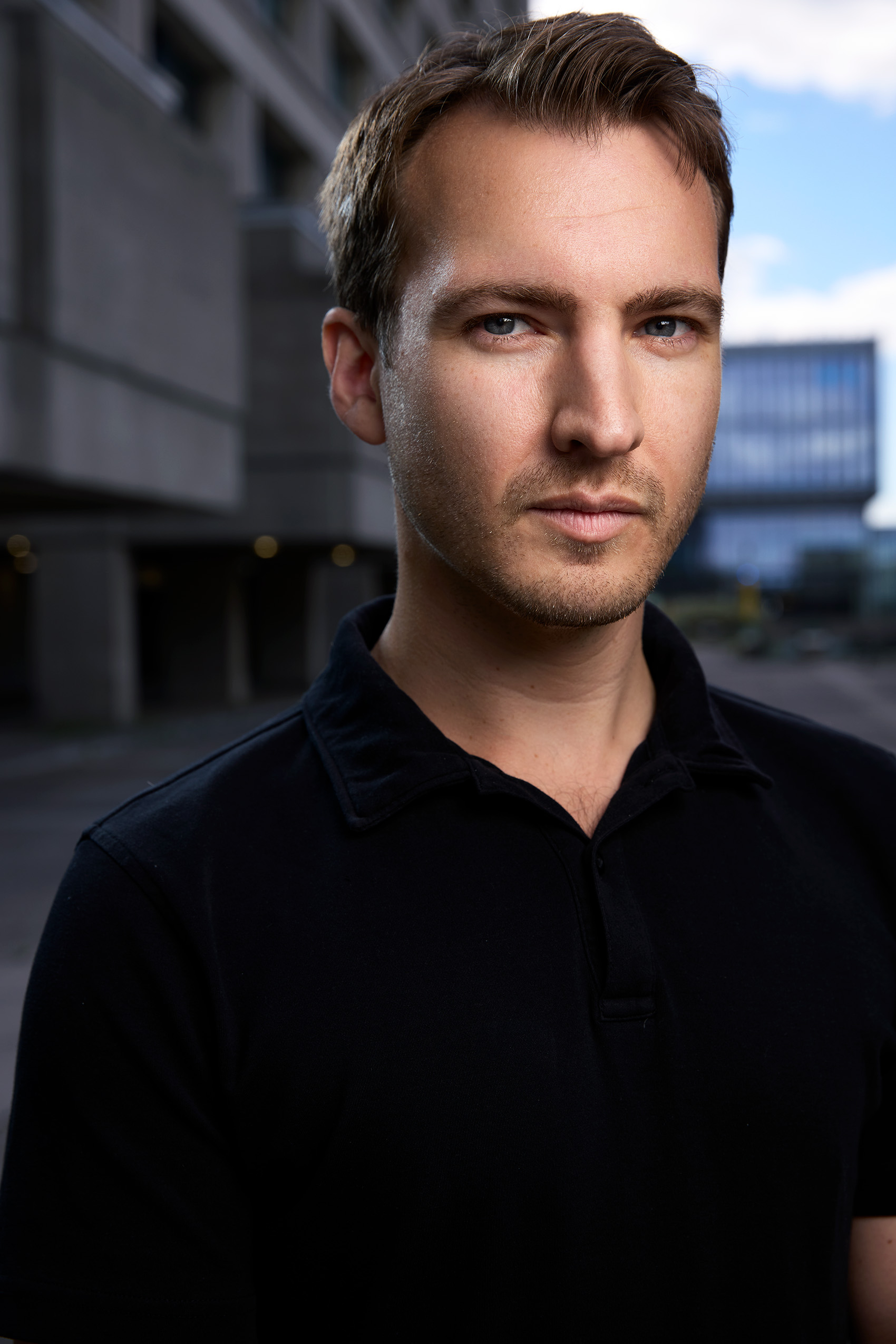View
Swallowing the Philosophy Pill
by David Jager
photography by Mike Ford
Of all the things one can bring up in social situations, philosophy is hardly the sexiest. Mentioning that one studies or even has a predilection for philosophy is bound to release nervous titters and uncomfortable shrugs. If you go further and claim philosophy as a major area of study, another question inevitably pops up: “Wow, how do you make a living?”
Today, 2,500 years after Socrates, philosophy has the unenviable position of being generally thought of as the domain of unsunned dorks and ivory-tower academics. This, even though pretty much every foundational underpinning of our society, from our system of governance, to our jurisprudence, social norms and even our most popular forms of enjoyment, would be unthinkable without it.

Plato’s dialogues, Aristotle’s ethics, Marcus Aurelius’s Meditations, Hobbes’s Leviathan, Smith’s The Wealth of Nations and Marx’s Capital: every one of these works has profoundly shaped our institutional praxis and the lives of millions. Even so, the subtler nuances of philosophy are hardly fodder for podcasts, even as ongoing political grudge matches devour the lion’s share of cyberspace.
A group of philosophy graduates from York, led by the intrepid Erik Tate (MA ’16), a York PhD candidate and founder of the initiative, is bravely filling the gap. Their weekly podcast, “Plastic Pills,” endeavours to explore even the densest philosophical topics with irreverence, wild detours and plenty of spicy humour.
“Plastic Pills” episodes unfold like grad night confabs where no topic is off limits, profanity rings freely, free association is encouraged and the participants, when they get around to it, really know their stuff. It allows us regular, non-bookish mortals to be flies on the wall while some very well-informed young philosophers dish out the intellectual goods. Which might explain why the podcast is popular – 1.1 million downloads since the launch of the first episode in the spring of 2020. That’s a lot of people digging philosophy.
We wanted to think of a way to present group philosophical discussion in a very relaxed, informal and interdisciplinary fashion
And here’s why: the emphasis is on nuance, differences of opinion and irresolvable complexity. It’s not unusual, for instance, for episodes to end with no definite conclusion. Instead of a red pill or blue pill, in other words, they offer a plastic one (if we take plastic to mean the opposite of rigid).
The format is no accident. “The ‘shoot the breeze,’ casual hang out vibe is totally intentional,” says Tate, who drew inspiration from a friend’s popular philosophy YouTube channel, also named Plastic Pills.
“During the pandemic we wanted to think of a way to present group philosophical discussion in a very relaxed, informal and interdisciplinary fashion,” Tate says. “The original Plastic Pills channel – the founder of which prefers to remain anonymous – served as an inspiration for us, but in a single-person, narrative format. Even so, he inspired us to gather together like grad students unwinding at the bar after a long day.”
It has proven popular enough to persist. The group has released more than 150 episodes on subjects as diverse as Maurice Merleau-Ponty and free will, political fairy tales of the left and right, gothic horror and Edgar Allan Poe, Michel Foucault and the state, the neo-Kantian fascism of Nick Land, and the last Christian intellectuals. It’s a healthy grab bag, in other words, of all things both eye-wateringly abstruse and geekily popular.
It’s not always pleasant. One episode dissecting the controversial views of celebrity left-wing philosopher Slavoj Žižek became so heated that a discussion member had to step away and cool down. Minutes later they returned while everyone wondered aloud if the episode would be aired at all.
It was a stunningly rare moment. Even rarer because the discussion continued and everyone parted as friends at the end. It was a revelatory, concrete demonstration of how individuals from different ideological bubbles can disagree and still continue talking.
While the group didn’t come to a unanimous agreement, it highlighted the value of pluralism in intellectual discussions. Tait attributes this emphasis on embracing diverse opinions to York.
“York’s program is intentionally interdisciplinary, in a way that other philosophy programs are not. It offers the core humanities and classical philosophy while allowing you freedom to pursue your own chosen topic. You can build a unique committee, search for a supervisor that suits you. It’s certainly broader than elsewhere.” ■